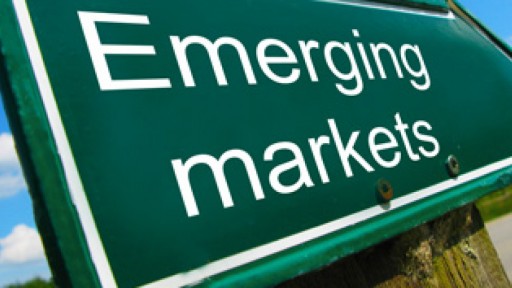- Home
- >
- Market Rumours
- >
- Record capital outflow from emerging markets.

Record capital outflow from emerging markets.

For the first time in nearly 30 years have seen pure capital outflow of over $ 0.5 trillion.
In 2015, again after the distant 1988, they were taken (by Institute of International Finance) capital outflows of 30 emerging markets, with an estimated volume of $ 541 billion. The trend is valid for 2016, especially in the forthcoming change in US monetary policy. The analysis shows the end of the upward super-cycle of the EM.
The investment inflow for 2015 Chez be the weakest compared with the period from 2008 (about 2% of GDP, compared to 8% in 2007). Pressure on assets in developing countries looks familiar - high debt load, especially in the corporate sector. Thus the risk premium on EM reach ever higher levels. Quickly lose value assets in countries with large deficits on current account, not particularly optimistic macro - policy and a high level of debt nominated in foreign currency. Highest at the time, according to the IIF, the risks in Brazil and Turkey (their currencies, incidentally, marked the beginning of 2015 until today, a drop of -45% and -30%). The weakening of the yuan has contributed to strong capital outflow from China, despite administrative efforts of the government. World Bank expects economic growth in China to reach 7% in 2015 and gradually continued to slow in the next two years. The growth in East Asia is expected to reach 6.5% in 2015, retreating from previous levels.
On the other hand, about 60% of world production is actually located in the dollar zone. In these markets, the currencies were fixed against the USD or move in close correlation with it. According to the World Bank, the US contributes 23% of global GDP, but the American funds manage around 55% of global assets. The growing imbalance between economic and financial power in the US creates problems, because if at some point the Fed faces difficult to act as a lender of last resort (in case of a crisis with dollar liquidity) will most likely follow the collapse, as on the foreign markets and in inside balance of the US economy.
JrTrader G.Hristov
 Varchev Traders
Varchev Traders If you think, we can improve that section,
please comment. Your oppinion is imortant for us.






